Ofcom Propose to Enable More Spectrum for UK Satellite Connectivity

Ofcom has today published several new documents on their efforts to make more radio spectrum available for use by satellite broadband services, which includes an update on their plan to release part of the 28GHz band, a proposal to make spectrum in the Q, V and E bands available and a proposal to grant Kepler an earth station licence.
Satellite operators offer a range of broadband services in the UK, such as helping to better connect homes and businesses in hard-to-reach rural areas, as well as on trains, in the air and at sea. Suffice to say that the demand for spectrum is constantly rising in order to support that, but there’s only a finite amount of it to go around, which creates a complex challenge for regulators across the world.
Ofcom has today published three new documents and consultations on this, which each cover related developments across different bands.
The 28GHz Band
Last year the regulator proposed to make 448MHz of spectrum frequency in the 28GHz band (27.5–30GHz) available to satellite broadband services, specifically their Earth station gateways (i.e. the large dishes you often see on the ground), which could help to boost data speeds and further expand coverage into remote communities (here).
The latest development sees Ofcom confirming their intention to deliver on this change, albeit while now making 560MHz more spectrum available for use by earth station gateways.
Summary of Ofcom’s Plan
We have decided to:
• make spectrum available for satellite gateways (Earth-to-space) in the returned 28 GHz spectrum (orange blocks) and the four guard bands (black bars).
• extend access for satellite gateway use in these bands under the existing NGSO Earth station (Gateway) licence and PES licence, with the associated licensing process and licence fees.
Subject to consultation responses, we are minded to:
• authorise satellite gateway (NGSO and PES) access across the whole band including the block assigned bands (grey blocks) under the existing NGSO Gateway and PES licences where there is no material impact on incumbent Spectrum Access licensees.
• make available (by licensing) 112 MHz of spectrum at 28.8365 – 28.9485 GHz for land-based satellite terminals in the same way we currently authorise satellite terminals.
• make available 2 x 112 MHz for point-to-point fixed links in the ranges 27.9405 – 28.0525 GHz and 28.9485 – 29.0605 GHz in the same way we authorise fixed links in other Ofcom managed fixed link bands.
The closing date for responses to this consultation is 31st May 2024 and Ofcom plan to publish their decision on enabling satellite gateways across the whole band and additional spectrum access for satellite terminals and fixed links by end 2024.
Potential for spectrum in the Q, V, E bands
Ofcom are separately inviting input on the possibility of making spectrum in the Q and V bands (37.5-43.5 GHz, 47.2-50.2 GHz and 50.4-52.4 GHz), and E band (71-76 GHz and 81-86 GHz) available for satellite gateway earth stations. “This is something which satellite operators who responded to our 2022 Space Spectrum Strategy consultation said will be important to enable future services,” said Ofcom’s statement.
Ofcom suggests that around 20GHz of spectrum frequency could be potentially available for access to future satellite gateways across the Q/V and E bands, but precisely how much will depend upon an assessment of existing uses and users in the same band etc.
The regulator is seeking views by 14th June 2024 and plan to set out their next steps later this year.
Kepler’s application for NGSO network licence
A few years ago we reported (here) on how Canadian company Kepler Communications had successfully deployed tiny Nano Satellites’ – no bigger than a breadbox in your kitchen – to help deliver low latency “ultrafast broadband” (100Mbps+) speeds to the polar (Arctic) regions from Low Earth Orbit (LEO).
Ofcom has now received an application from Kepler for a non-geostationary orbiting satellite (NGSO) network licence for its related system, which is to cover their user terminals (these can be placed on a building, in the air or at sea). Kepler already has 15 satellites in orbit and plans to launch a total of 140 satellites. It says it will use its network to support a host of applications, from store and forward-based IoT services to real-time data transfer services when the network reaches full deployment.
Ofcom are inviting comments on Kepler’s application, and on their proposal to grant the licence, by 29th April 2024.
Mark is a professional technology writer, IT consultant and computer engineer from Dorset (England), he also founded ISPreview in 1999 and enjoys analysing the latest telecoms and broadband developments. Find me on X (Twitter), Mastodon, Facebook and Linkedin.
« Customers of UK ISP BT Experiencing Webmail Login Problems
Latest UK ISP News
- FTTP (5538)
- BT (3518)
- Politics (2542)
- Openreach (2300)
- Business (2267)
- Building Digital UK (2247)
- FTTC (2045)
- Mobile Broadband (1978)
- Statistics (1790)
- 4G (1669)
- Virgin Media (1625)
- Ofcom Regulation (1467)
- Fibre Optic (1396)
- Wireless Internet (1392)
- FTTH (1382)






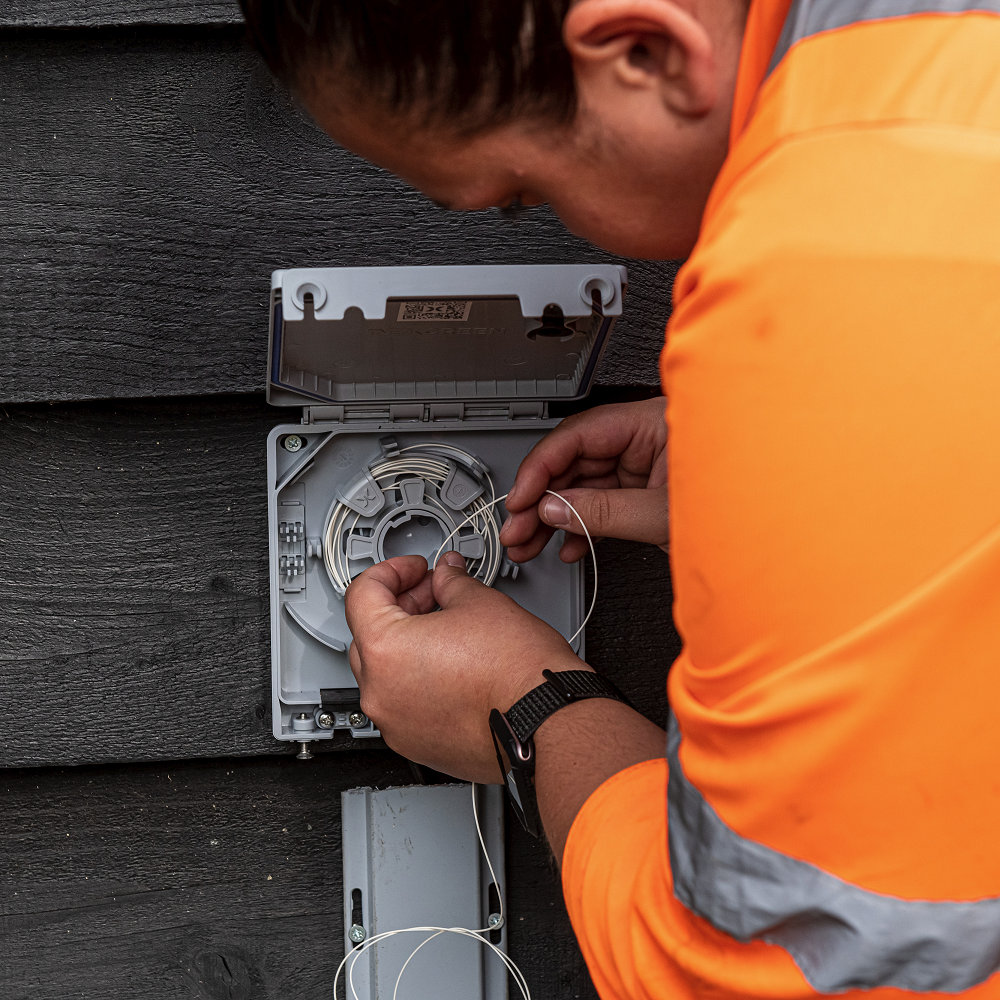

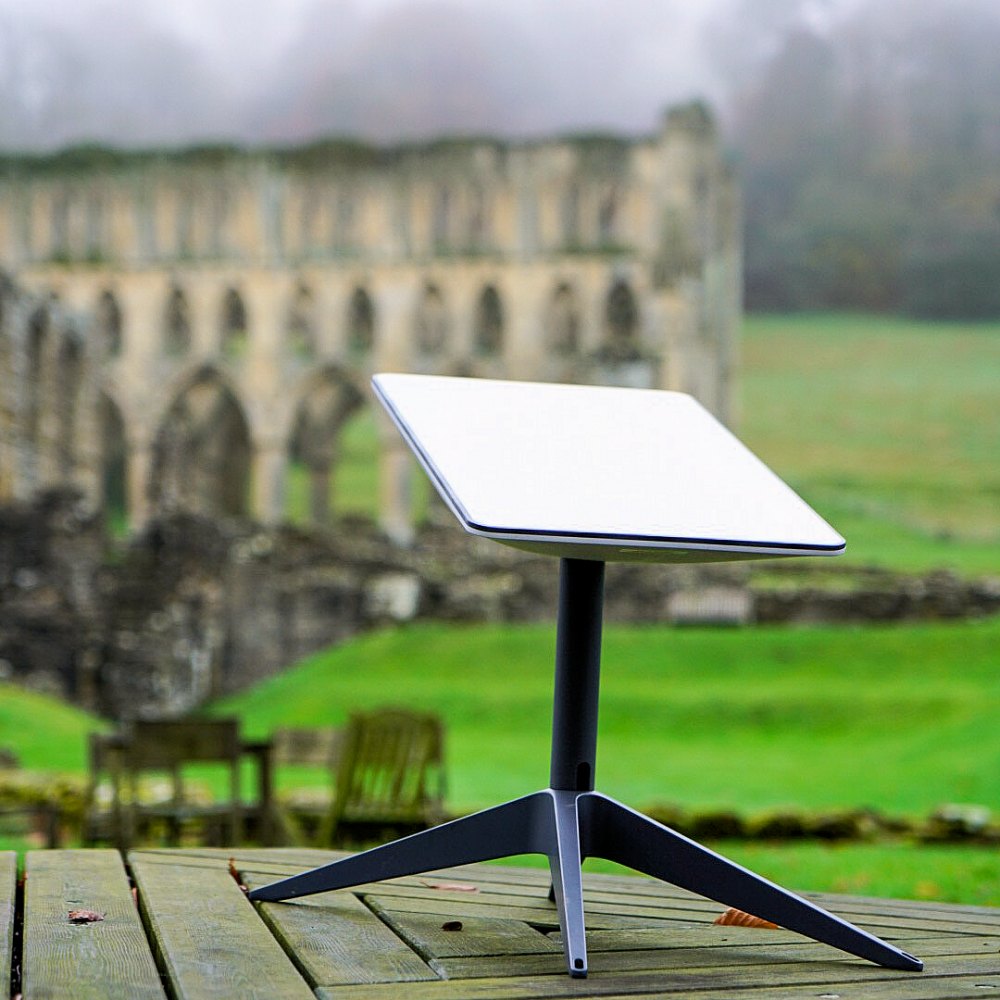
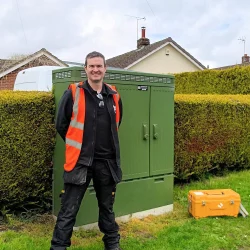
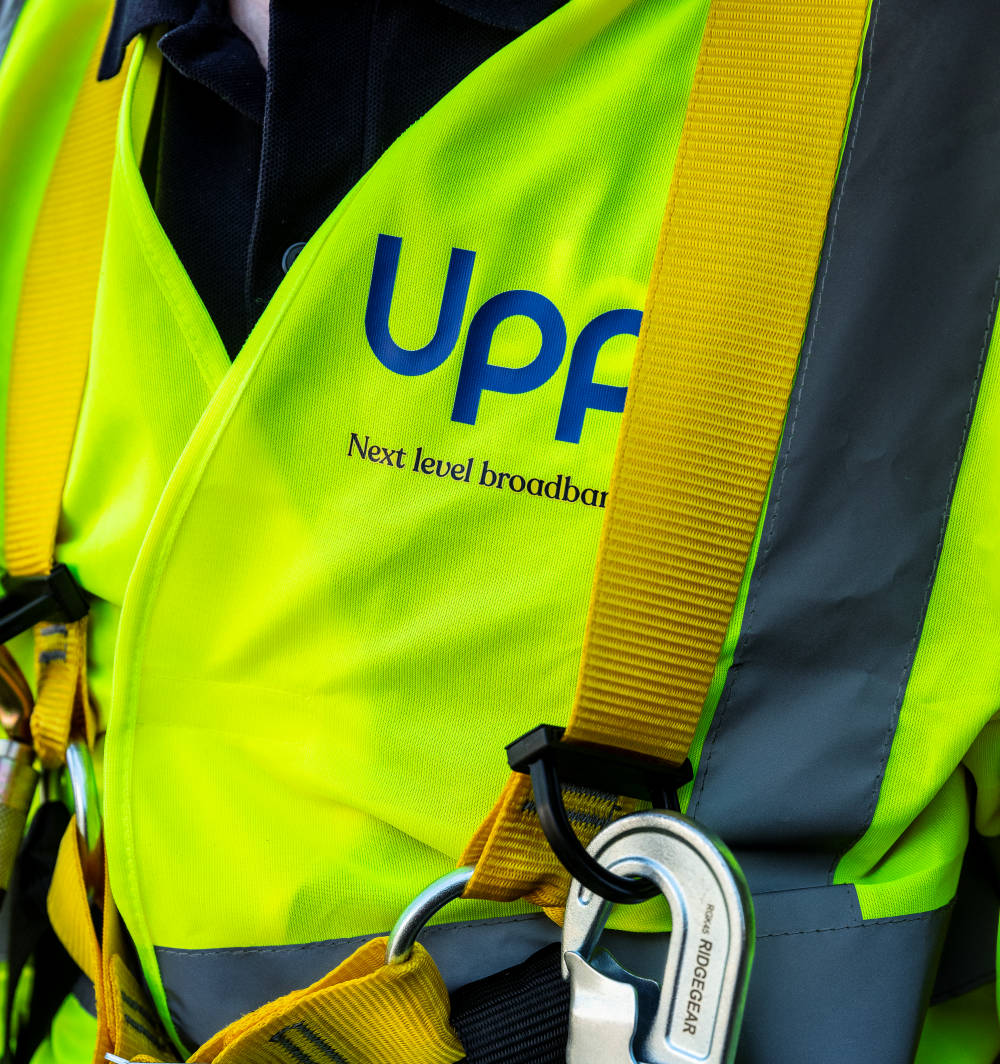




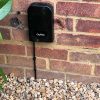







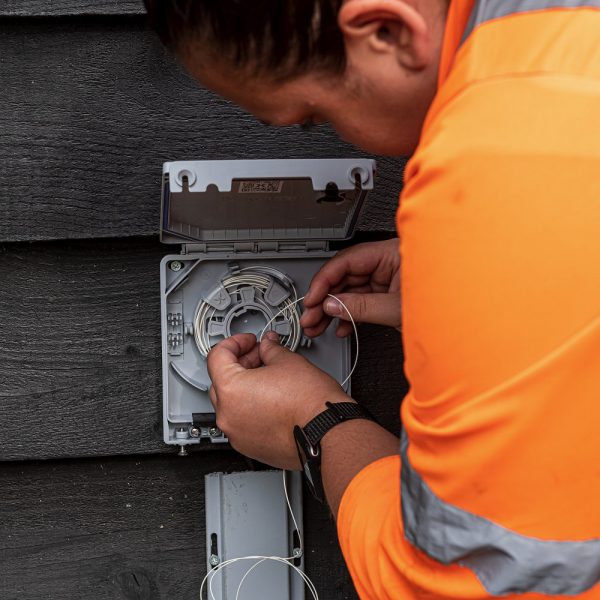


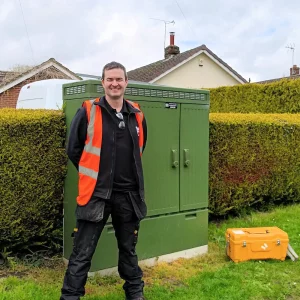































Privacy Notice: Please note that news comments are anonymous, which means that we do NOT require you to enter any real personal details to post a message. By clicking to submit a post you agree to storing your comment content, display name, IP, email and / or website details in our database, for as long as the post remains live.
Only the submitted name and comment will be displayed in public, while the rest will be kept private (we will never share this outside of ISPreview, regardless of whether the data is real or fake). This comment system uses submitted IP, email and website address data to spot abuse and spammers. All data is transferred via an encrypted (https secure) session.
NOTE 1: Sometimes your comment might not appear immediately due to site cache (this is cleared every few hours) or it may be caught by automated moderation / anti-spam.
NOTE 2: Comments that break our rules, spam, troll or post via known fake IP/proxy servers may be blocked or removed.